Mr. Olevich, the new German foreign minister Sigmar Gabriel recently visited Lithuania where he criticized the “Russian military build up” close to the Baltic states. He called the presence of Russian troops there “irrational”. So – why are you Russians doing such “irrational” stuff?
Olevich: Calling the presence of Russian forces on Russian soil “irrational” is in and of itself irrational and problematic. One needs to take only a scant look at the map to see that Russian troops are not deployed on the Rio Grande or on the Rhine. They are stationed on Russian soil. American forces, on the other hand, are spread across the European continent and are amassing along Russia’s western borders.
NATO is concentrating troops at the Eastern Border of Europe, at the same time a wave of Russophobia is spilling through European mainstream media. Russia, Vladimir Putin and the Russian “trolls” on social media are identified as the new old enemy of “free Europe”. What is behind the anti-Russian sentiment in your opinion?
Olevich: The disintegration of the Warsaw Pact and the dissolution of the Soviet Union in 1989-1991 essentially deprived NATO of its raison d’etre and left the alliance in a permanent search for a unifying mission. Two decades later, Washington is attempting to revive and replace the spectre of the defunct Soviet threat in the form of a new threat from Russia. Reverting back to a Cold War mentality, the United States is positioning itself as the only power ready and able to save Europe from a supposed Russian onslaught. The main goals of this strategy are keeping the NATO bloc unified as Europe faces a severe internal political, economic and social crisis, and ensuring American dominance over the continent for years to come.
In addition there is right now no perspective that the sanctions regime of the West against Russia would be lifted in near future. But what is the real effect of the anti-Russian sanctions on Russia?
Olevich: The sanctions regime against Russia had several major goals. Firstly, it was aimed at curtailing Russia’s economic potential by targeting its industrial, energy and banking sectors. Western planners believed that the sanctions would derail the rearmament of the Russian armed forces and make Moscow less competitive on the international arms trade market, thus increasing profits for the American military industrial complex. Secondly, the sanctions were expected to provoke increased political destabilization in Russia, creating fractures within the political elite and raising social tensions in the country. Thirdly, the sanctions regime forced on the European capitals by Washington, was designed to negatively impact economic conditions on the continent and increase Europe’s dependence on Washington.
Instead, in response to the sanctions, Russia has refocused its economic relations towards the East, increasing its cooperation with Asian and other players. The counter-sanctions introduced by Russia have led to a full-blown revival of the Russian agricultural sector. The Russian banking and energy sectors have successfully adopted to the new economic conditions, as has the Russian arms industry. The attempt to provoke rifts within Russian society backfired. Faced with an aggressive political and economic sanctions regime from the West, Russians united to withstand foreign pressure. Unfortunately, however, Washington was able to partially achieve its goal of hurting the European economies in the process.
Do you consider the mix of military drills in Eastern Europe, economic sanctions and rising propaganda against Russia as a threat?
Olevich: Russian political and military leadership take the entire scope of actions by its Western partners into consideration while developing its policy responses. Increased NATO military activity on Russia’s borders and the spread of crude anti-Russian propaganda is not being left unnoticed.
Are these war games dangerous for Europe and Russia?
Olevich: Increased military activity close to Russia’s borders is both dangerous and counterproductive. Constant war games that involve troops from different NATO contingents increase the chances of provocations and unintended consequences. Neither Europe nor Russia benefit from these tensions.
Is the Ukrainian conflict already a “proxy war” between the West and Russia?
Olevich: The civil war in eastern Ukraine was provoked by a Western-sponsored coup in Kiev in February, 2014 that brought down a legally elected president and installed a radical russophobic regime that answered not to the Ukrainian people, but to its friends across the ocean. The new regime is deeply antagonistic to the Russian and Russian-speaking Ukrainian population that makes up the majority in eastern and southern regions of the country. With acquiescence from Washington, Kiev decided to use brute military force to quell an attempt by the residents of Donbass region to stand up for their rights. Air strikes, artillery barrages and rocket attacks against civilian targets have resulted in thousands of dead and wounded across the region. Washington hoped that brazen attacks by its satellite regime in Kiev against its own Russian-speaking citizens would provoke Russia into entering the fight, but miscalculated. Now Europe is left with a humanitarian quagmire on its borders.
Who would benefit from a military confrontation in Europe?
Olevich: In 1941, the then US senator and future president Harry Truman remarked: “If we see that Germany is winning, we ought to help Russia, and if Russia is winning, we ought to help Germany, and that way let them kill as many as possible”. This is a classical American foreign policy approach to assure US dominance in Europe, and it is as valid today as it was seven decades ago. Today, Washington is essentially forcing Europe into an unnecessary and costly political and economic confrontation with the United States as the only beneficiary.
How do you consider the different statements from different Western leaders at the Munich Security Conference?
Olevich: The attitudes at the annual Munich Security Conference have changed dramatically over the years. In 2007, President Vladimir Putin’s statement challenging the reigning unipolar Pax Americana sent shock waves throughout the West. After the introduction of political and economic sanctions against Moscow, Russian officials faced openly hostile reception at the conference. However, at the last conference in Munich, the audience listened attentively to Russian guests and treated them with respect. This reflects the deep changes in the roles of the United States and Russia in world affairs. In 2007, much of the Western elite was still enamored with the “End of History and the Last Man” concept, believing that the American-led liberal world order was permanent. In 2014, Western officials already realised that history has not ended, but were still sure that Russia would quickly buckle under pressure. Today, the Western foreign policy establishment realises that it is impossible to resolve major international disputes and crises without Moscow’s participation, and recognize Russia as one of the most important players in world politics.
Do you think that the American stance towards Russia will change with president Donald Trump?
Olevich: Donald Trump is facing a wide array of opposition to his foreign and domestic policies from the US intelligence community, the Democratic and Republican party establishment, sections of the permanent government bureaucracy and transnational corporations. Actions taken by his opponents to provoke a new wave of McCarthyism in the United States and across Europe effectively shut down any attempts at normalisation of relations between Washington and Moscow in the near future. However, political destabilisation and infighting in Washington is already resulting in a less coordinated line from Foggy Bottom and the American foreign policy establishment in general. The longer the infighting in the United States lasts, the more room for maneuver Russia and Europe will have in their relations.
What would it mean for Europe if the Americans change their politics towards Russia?
Olevich: The priority for Europeans is a change in American policy towards Europe. For decades since the end of the Second World War, the United States has exercised political and economic control over Western Europe, and since the end of the Cold War, Washington’s dominance has spread over Eastern Europe as well. Sovereign European states, devoid of overseas interference, will be able to choose for themselves what foreign policy to adopt, what countries to trade with, and what alliances to join. European sovereignty is the key to improving relations between Moscow and the European capitals, because there are no natural reasons for confrontation between them. The spirit of confrontation with Russia is being hoisted on Europe by the United States against the interests of the people of Europe.
Germany with her chancellor Angela Merkel is playing a decisive role in the anti-Russian front in Europe. Why do you think Germany is so essential for the NATO policy against Moscow?
Olevich: Firstly, Germany today is the preeminent economic driver in the European Union, and, is thus slated to play a key role in Washington’s European strategy. Secondly, since the end of World War II, Germany functions within the concept of limited sovereignty under US supervision. American military bases are spread across the country and cannot be removed by the government in Berlin, the German Chancellor and other government officials are being wiretapped by US intelligence agencies and cannot do anything to curtail their activities in the country, as American intelligence agents feel free to roam through Frankfurt as if it was Langley, Virginia. So, Germany is a safe country for Washington to rely on, because it is heavily controlled. Thirdly, Washington traditionally gifts a mini sphere of influence of regional dimensions to some of its most important satellites. Germany has its own sphere of influence in Eastern and Central Europe and feels obliged to Washington for essentially granting the rights to it. So as long as Berlin will be within Washington’s sphere of influence, it will be obliged to follow the path outlined by the US foreign policy establishment, even if it goes against the interests of the German people.
What will happen if Germany bows out of the anti-Russian front to seek an understanding with Moscow?
Olevich: For Germany, coming out from under the US umbrella is a question of asserting its sovereignty. A sovereign Germany would be free to build its relations with Moscow and other world capitals based on the interests of the German people and not on the wishes of friends from across the ocean. Unlike the United States, Russia does not maintain military bases on German soil and does not seek to control or watch over the German political process. Relations between Russia and a sovereign Germany would be built on mutual trust and understanding.
There are upcoming elections in Europe which could influence the stance towards Russia. What are your expectations?
Olevich: For the European voters, the principal issues in the upcoming elections are economic stability and the crisis in the Eurozone, unchecked immigration crisis and associated waves of crime and terrorism sweeping through the continent, a crisis of credibility of the EU system in general. When the citizens of Germany, France and other European countries go to the polls later this year, relations with Russia, naturally, will not be the first topic on their mind. But Europe’s stance on Russia is deeply intertwined with the question of sovereignty and independent decision-making. If the European voters choose leaders that will bring their countries out from under US control and assert sovereign control over their domestic and foreign policies, then relations with Moscow will be normalised and the confrontation hoisted on Europe by Washington will come to an end. We live in a time when what is good for Europe, is also good for Russia.


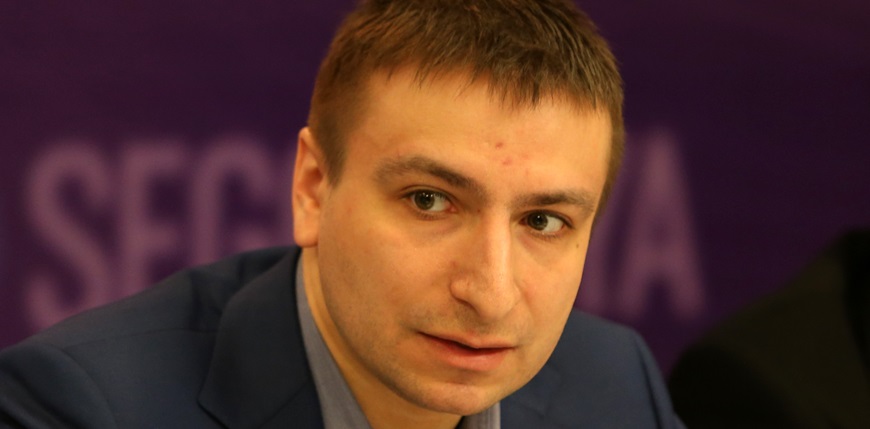

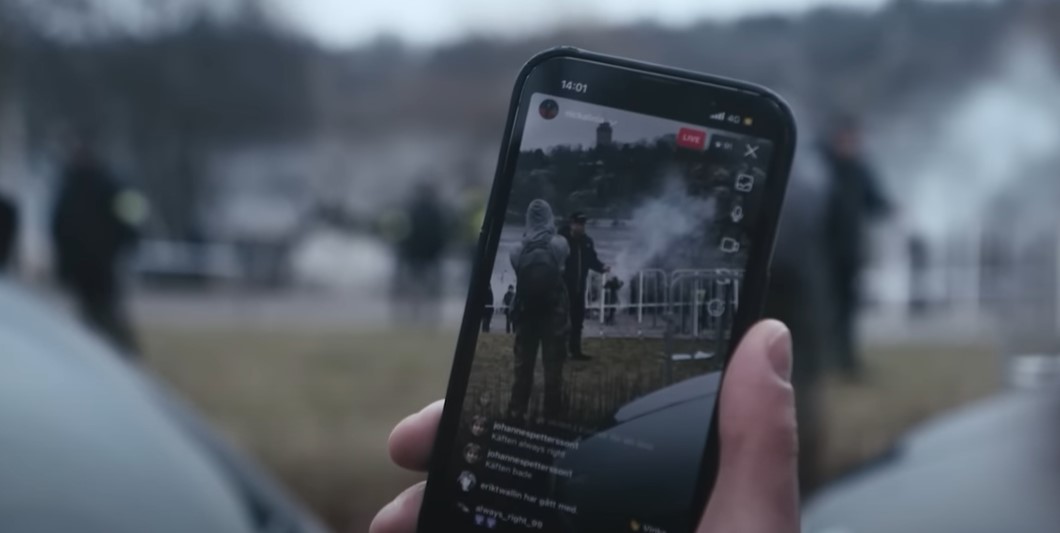
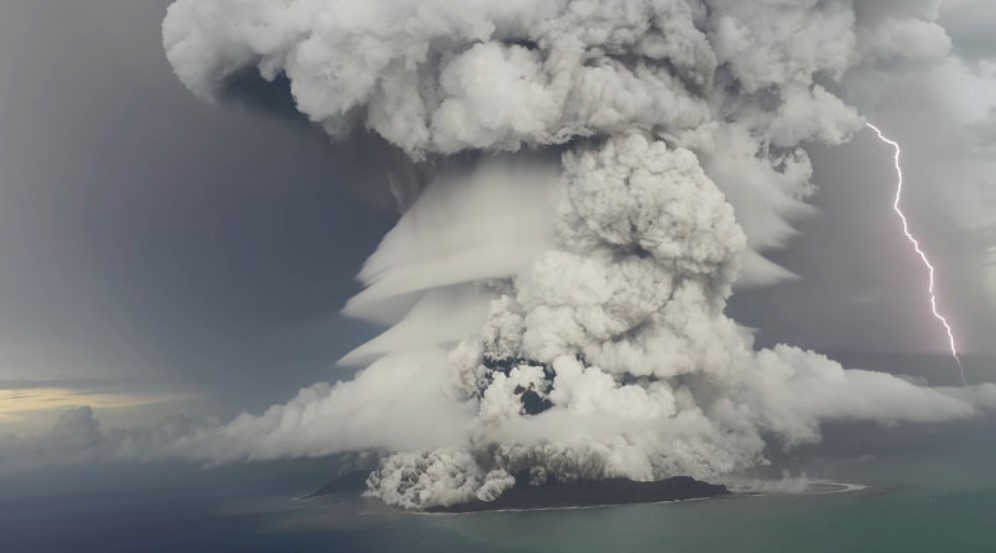
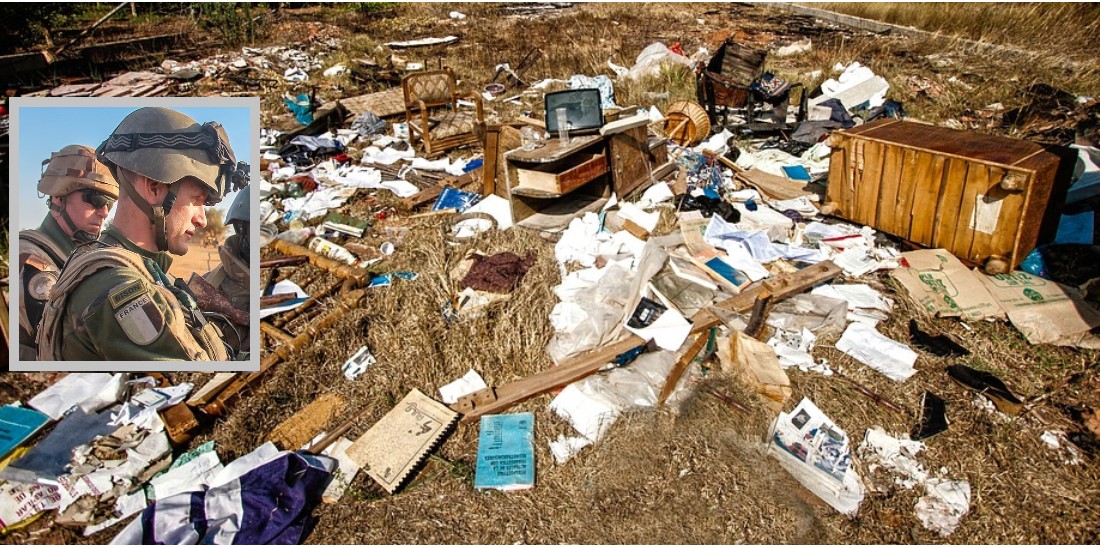
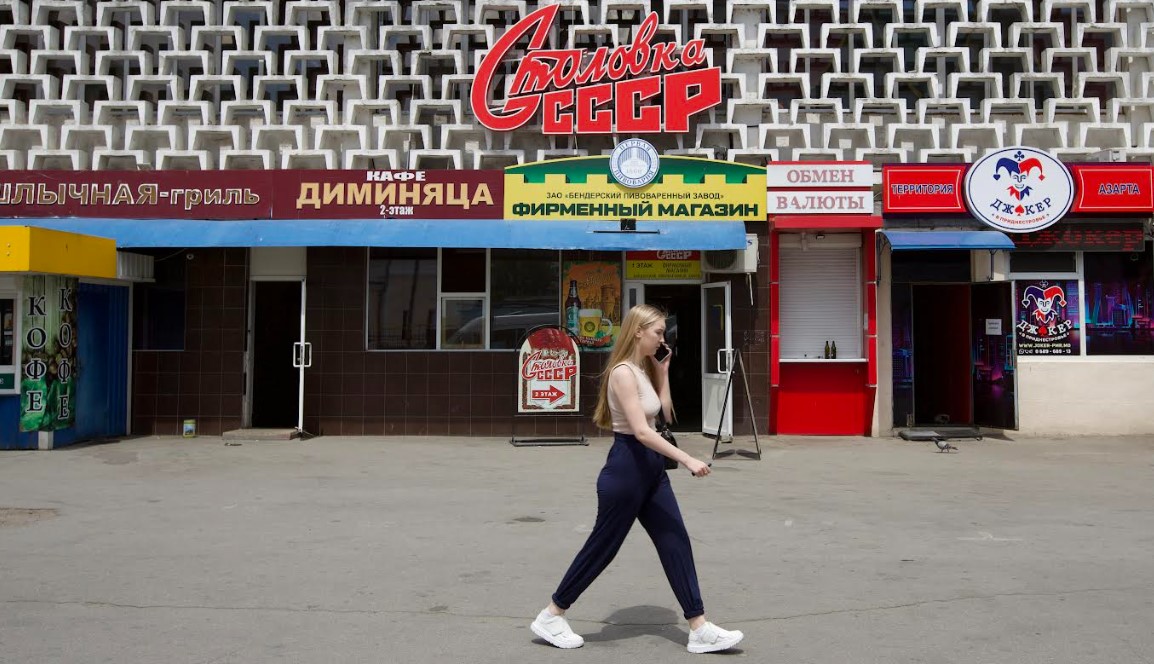

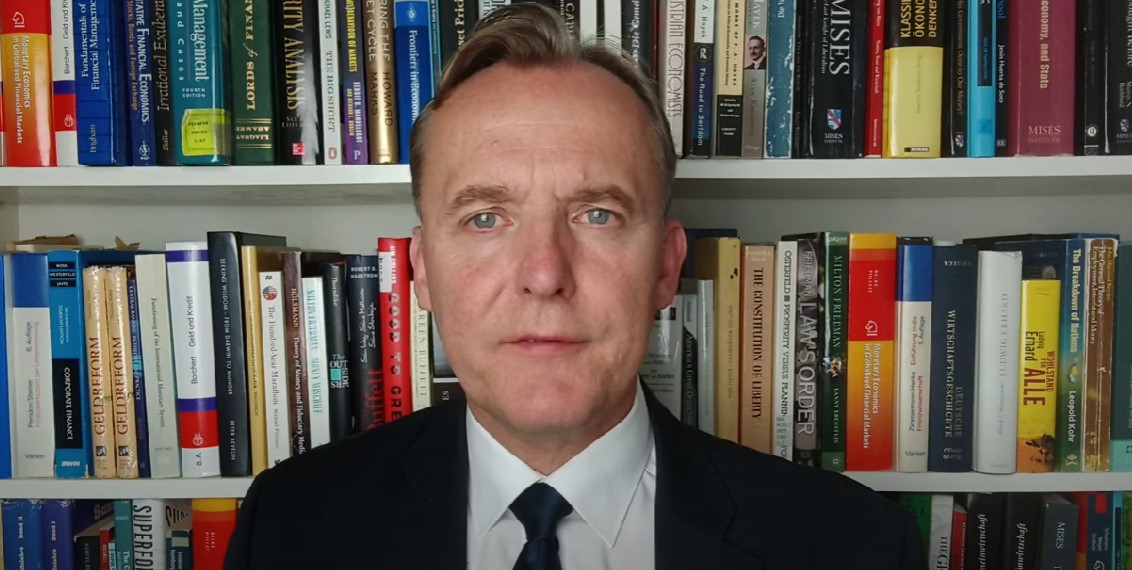




No comments.
By submitting a comment you grant Free West Media a perpetual license to reproduce your words and name/web site in attribution. Inappropriate and irrelevant comments will be removed at an admin’s discretion. Your email is used for verification purposes only, it will never be shared.